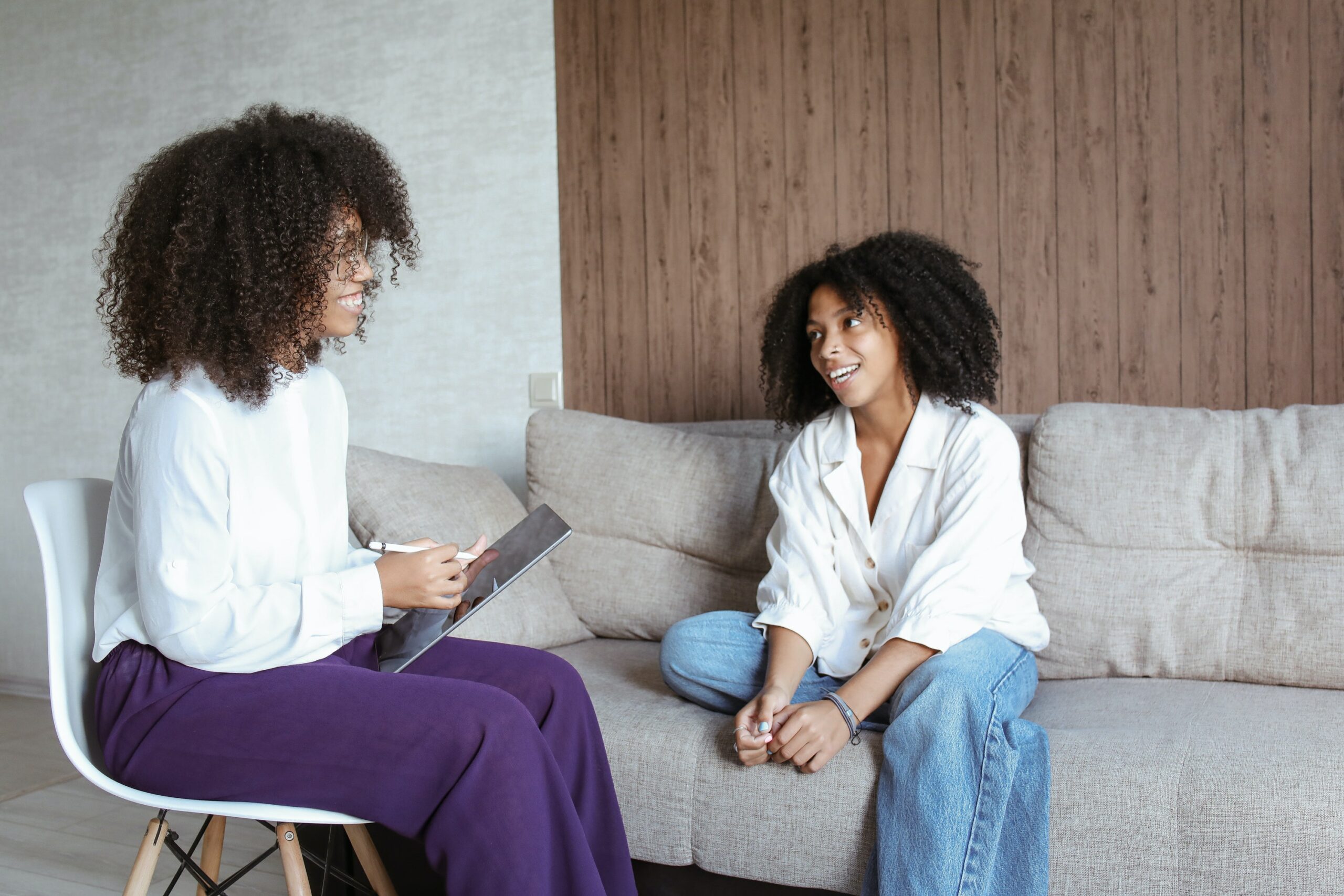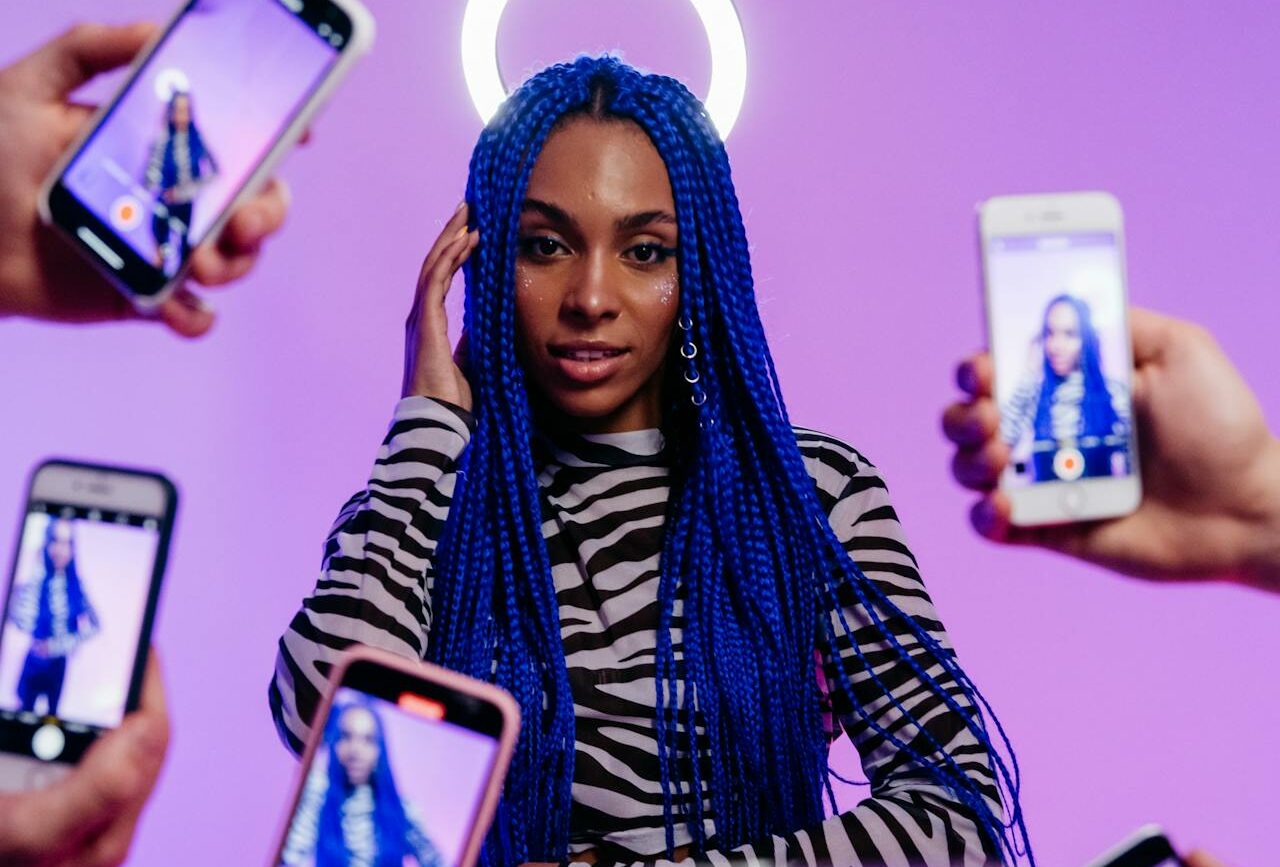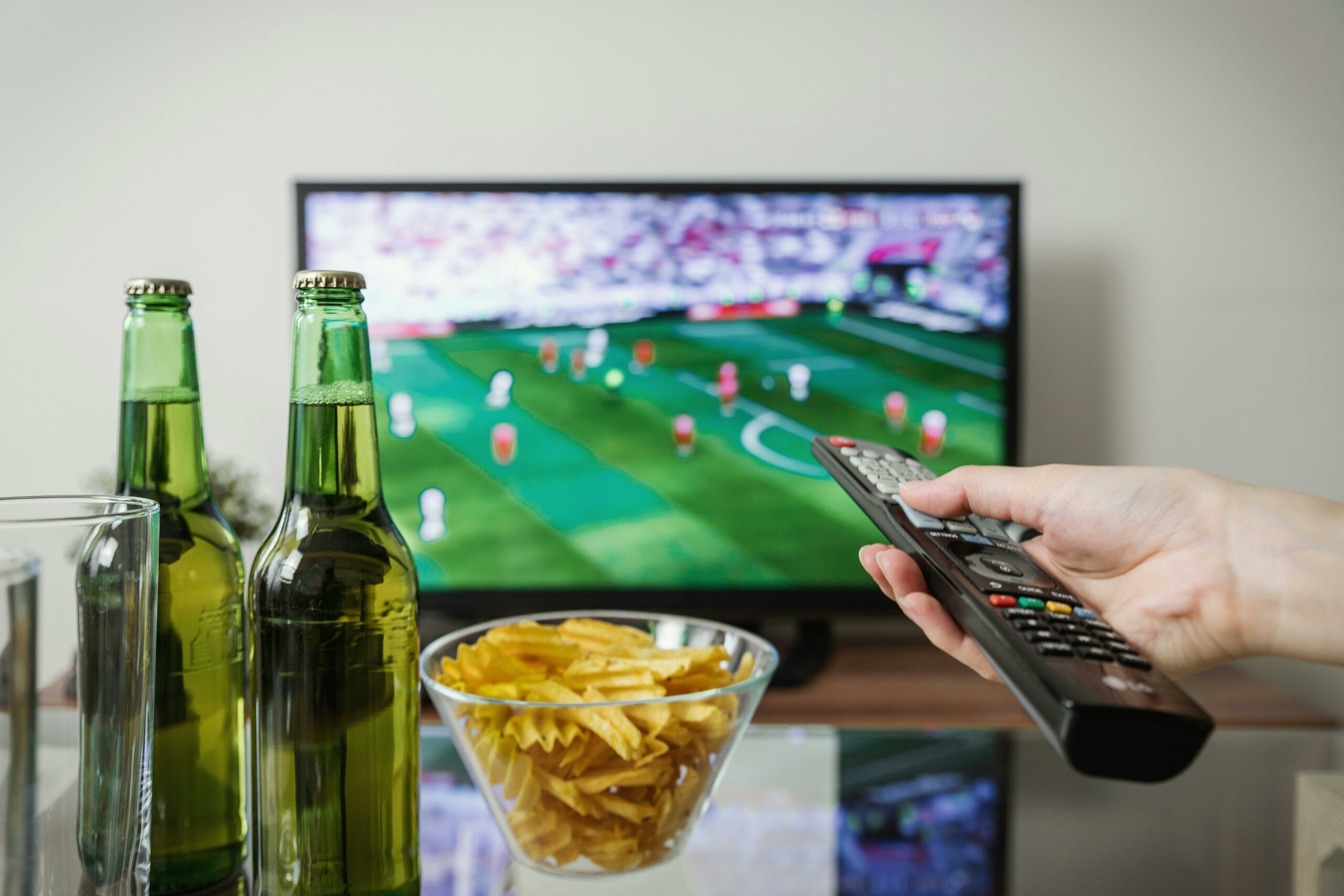What do cinnamon roll lotion, childhood memories, and appetite-suppressing drugs have in common? Welcome to the strange psychology of sweet scents.

Yes, you are depressed
In chapter 3, Drugs, we explore pharmaceutical marketing, and the prevalence of depression being a Big-Pharma money-maker in deeply disturbing ways. And while they continue to capitalize on some dubious claims about how effective their products are, the pandemic has definitely been good for business.
Open, honest conversations about mental health
According to Mental Health America, from 2019 to 2020, more than 50 million Americans were experiencing mental illness, with 8.5% experiencing depression. One of the best ways to treat an illness like depression is talk therapy, a treatment where patient and provider work together to process emotions and experiences through conversation and connection. But, it’s not easy to get the treatment you may need. And despite it being an important part of an effective treatment plan, for a very long time being in therapy was also seen as weak, even though many will tell you it’s the hardest work they do.
Before the pandemic, things were starting to shift. We were starting to see a rise in open, honest discussions about mental health in academia, businesses, and nonprofit spaces. There were breakout sessions at conferences talking about how to cope with burnout and how to recognize when colleagues or those we manage were struggling. There were open conversations and campaigns encouraging us to learn more about suicide, reaching out for help, and battling stigma. And we can’t overlook the celebrities – they were calling for more open conversations, getting shamed and fighting stigma too.
After so many years of people trying desperately to hide any issues with mental health, it felt like a brave time, almost revolutionary that so many would talk about it so openly, refusing to let shame win. And thank goodness, because those working on their mental health got a bit of a head start before the pandemic changed everything and everyone became depressed.
COVID-19 upends the world
The United States was already struggling with how to address mental health, there were shortages in qualified providers in many areas, and a lot of people simply could not afford treatment. And then, the COVID-19 pandemic hit. The rates of depression tripled as we isolated ourselves to stay safe from the virus while watching it spread across the country. Children were not even spared.
It’s no wonder mental health took a hit during that time, it would have been odd if it hadn’t given everything we were dealing with in the world. We watched the news as the numbers of people with COVID-19 ticked upwards, next to stories about temporary morgues, dying alone, and suffering on every screen we held. Our friends in Minneapolis watched a community member get murdered, and protests sparked over police brutality worldwide. Not long after, people started violently demanding the end of public health measures and plotting violent attacks to stop public health officials from keeping us safe.
We were in crisis levels of need, and even the mental health of our healthcare professionals was being tested like never before. If ever there was a perfect time for a shift in the conversation around mental health, it was 2020-2021.
Simone Biles flips the narrative
In 2021, as we watched the Olympics in the midst of this deadly global pandemic, we saw a new kind of strength as Simone Biles put her safety and mental health first, choosing to skip some events. It was a media frenzy, but notably the coverage mostly focused on empathy, compassion, and the need for everyone to take the time to focus on their mental health.
Elite athletics are all about pushing your body to the limits, staying focused, and being mentally prepared to take on the challenges in front of you. And there is no higher honor for these athletes than a spot on an Olympic team. Biles flipped all of those tired tropes over, she was honest about what she needed, and everyone agreed, she is an absolute GOAT for doing so.
She’s taken her power, she’s getting paid, and brands are getting in on it too.
“It was a pivotal moment within the growing national conversation that’s been propelled by COVID.” Mark Hirschhorn, president and chief operating officer of therapy app Talkspace, told CO—.
Michael Phelps dives right in
Simone Biles wasn’t the only star athlete speaking out about mental health. As the healthcare industry started to catch up on virtual visits with providers, app creators and developers started getting in on the game too.
One of the leading apps, Talkspace, started working with Michael Phelps in 2021, and at one of his appearances he said, “As a male athlete, I always thought it was a sign of weakness if I showed I was being vulnerable. It’s not weakness,” he said. “If we’re injured, they’re going to fix our broken bones, but if we’re mentally struggling, we have to get help and we have to get it in safe places.” While the effectiveness of some therapy apps is still being studied, what we all agree on is that during times of unprecedented crisis it is worth exploring some new options.
Virtual options open up access
Research does show that one-on-one therapy in a virtual setting is just as effective as seeing a therapist in person. There are definitely cons to consider, but for many people telehealth is a great option. Hopefully with more time and research we’ll see options that make effective treatment for mental health issues within reach to even more people as need remains. As that happens, you can bet you’re going to see the positive side effects we don’t always get to see with marketing messages—continued encouragement to have conversations about mental health, taking care of yourself, and seeking the help to heal.
They've got their hooks in you.
FADS rise quickly, burn hot and fall out. They say you're fat, you're no fun, you need to relax, and you might even die alone.
In fact, FADS bank on the fact that you already believe all of that.
Ready to learn how it works?


